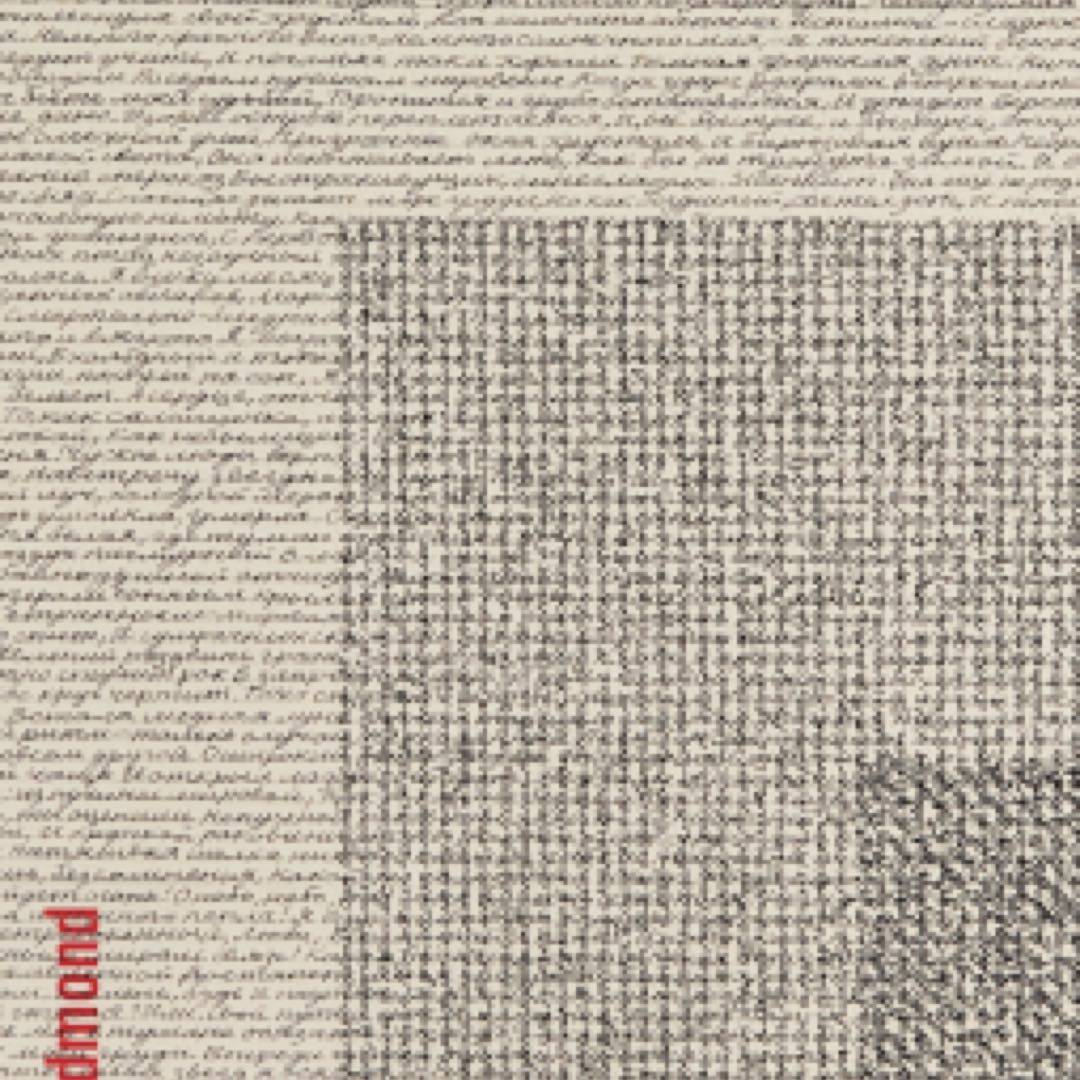Make It the Same: Poetry in the Age of Global Media | Jacob Edmond
The world is full of copies. This proliferation includes not just the copying that occurs online and the replication enabled by globalization but the works of avant-garde writers challenging cultural and political authority. In Make It the Same, Jacob Edmond examines the turn toward repetition in poetry, using the explosion of copying to offer a deeply inventive account of modern and contemporary literature. Make It the Same explores how poetry�an art form associated with the singular, inimitable utterance�is increasingly made from other texts through sampling, appropriation, translation, remediation, performance, and other forms of repetition. Edmond tracks the rise of copy poetry across media from the tape recorder to the computer and through various cultures and languages, reading across aesthetic, linguistic, geopolitical, and technological divides. He illuminates the common form that unites a diverse range of writers from dub poets in the Caribbean to digital parodists in China, samizdat wordsmiths in Russia to Twitter-trolling provocateurs in the United States, analyzing the works of such writers as Kamau Brathwaite, Dmitri Prigov, Yang Lian, John Cayley, Caroline Bergvall, NourbeSe Philip, Kenneth Goldsmith, Vanessa Place, Christian B�k, Yi Sha, Hsia Y�, and Tan Lin. Edmond develops an alternative account of modernist and contemporary literature as defined not by innovation�as in Ezra Pound�s oft-repeated slogan �make it new��but by a system of continuous copying. Make It the Same transforms global literary history, showing how the old hierarchies of original and derivative, center and periphery are overturned when we recognize copying as the engine of literary change.
